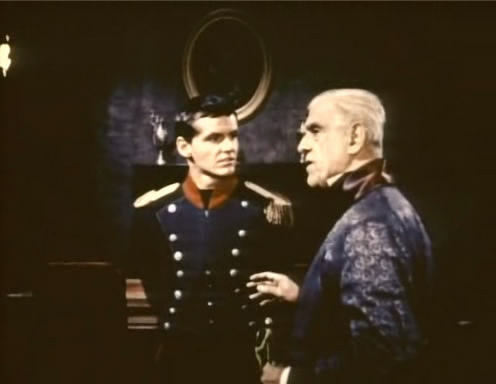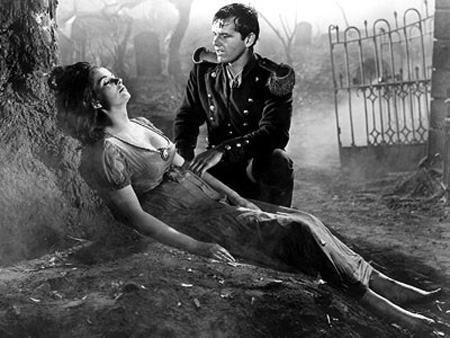For those of you not knowing anything about this Swedish film - it's nothing to know!
Yet I will continue writing:
The film was made by one of Swedens most well known comedians, 'children-TV-entertainers' and artists/painters, Lasse Åberg.
It's the first in a series of films, telling the story about Stig-Helmer (Lasse Åberg), an extremely 'geeky', bumbling person who for the first time in his life is going to travel abroad, having chosen the Canary Islands (as most Swedes during not least the 1970's and 80's).
First he visits his doctor who, after examining him, gives him a package he wants delivered to a person on the island. The package contains 50 000 SEK and as it's illegal to bring these money out of the country without paying customs duty, Stig-Helmer is in danger without knowing it.
During the journey, his suitcase with the package disappears and now the doctor and his friend also starts to worry, the friend believing that Stig-Helmer has stolen the money.
After this our 'anti-hero' is experiencing a lot of adventures, not least after having met a Norwegian friend, Ole (Jon Skolmen) and two women - 'Majsan' (Lottie Ejebrant) and Siv (Kim Anderzon) - the latter only being on the island in order to get laid, Ole to get drunk.
I don't know who the persons are having rated this film at 7,1 at IMDb but on the other hand this site is not reliable when it comes to this kind of rating. I would almost change the figures around: 1,7. If not that low, at least not more than 3.
The film partly contains humour only Swedes and Scandinavians can understand and - perhaps - appreciate, partly dated humour of a kind I don't find amusing at all.
It's perhaps because I don't belong to the segment of the population having made this kind of 'booze cruise' and not experiencing all the degrading events among the plebs.
Let's say that we both - Aurore and I - laughed three times during the 107 minutes the film lasted. As this is a comedy, it's a bit alarming. Maybe we lack sense of humour?
I believe that Åbergs ambition has been to mix different comedy styles together, taking something from Tati, something from Chaplin, Keaton, Lloyd, Stan & Laurel etc. but in contrast to them, this is not at all made in an intelligent way. Nul, comme on dit en français!













